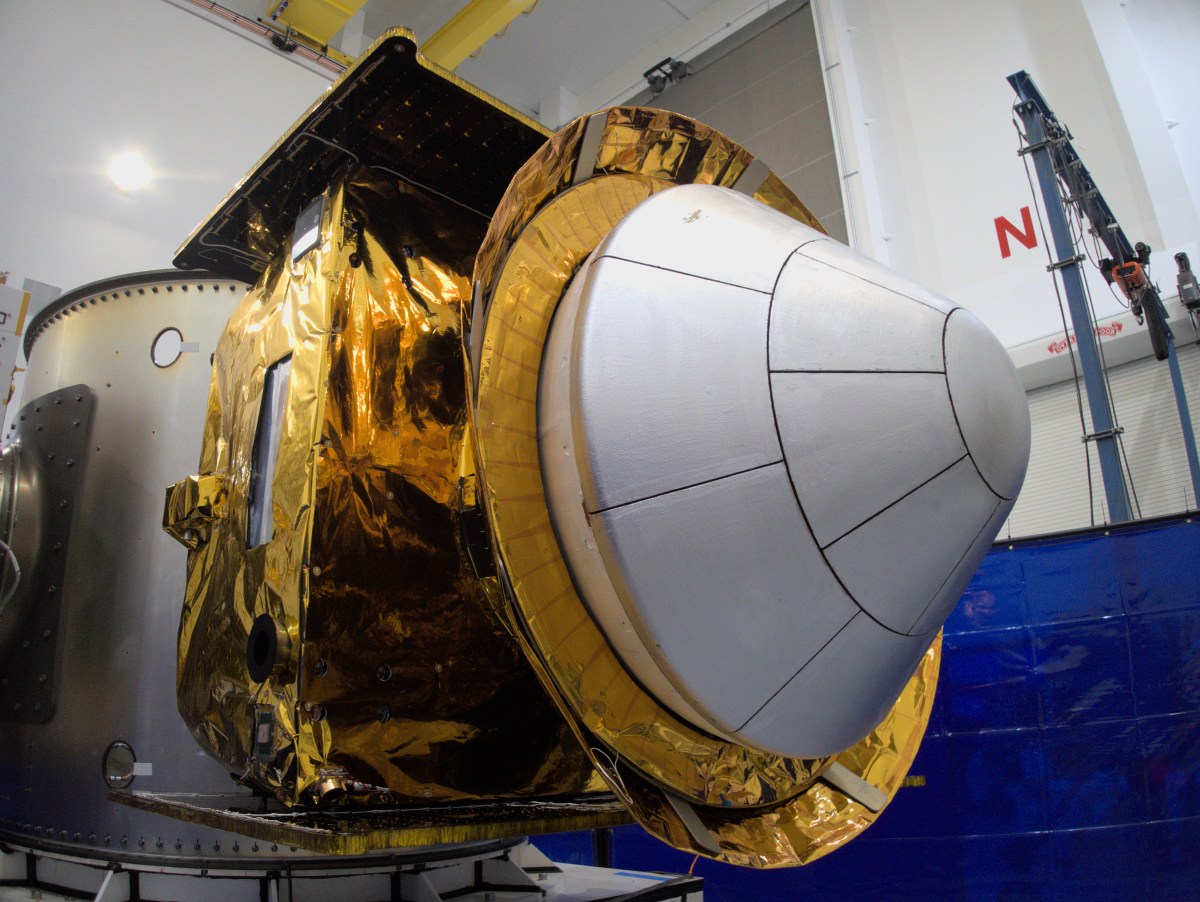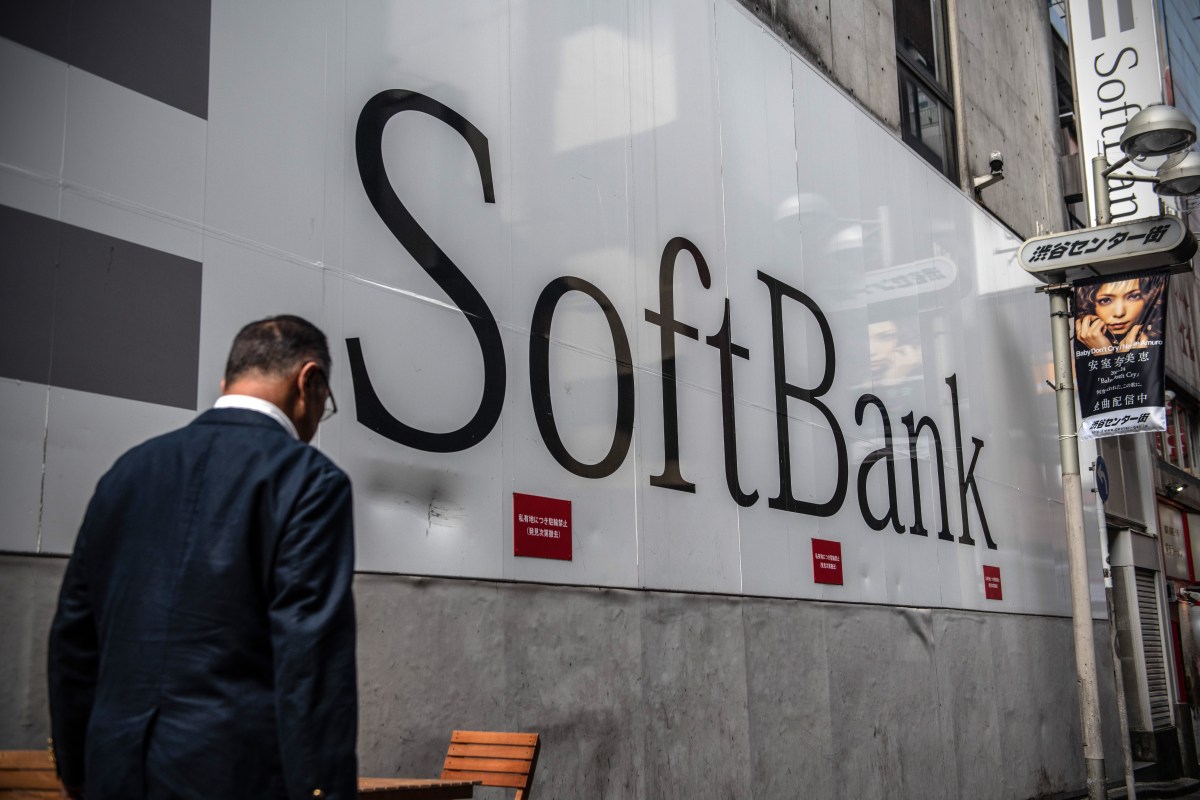
A spacecraft containing pharmaceutical drugs that were grown on orbit has finally returned to Earth today after more than eight months in space.
Varda Space Industries’ in-space manufacturing capsule, called Winnebago-1, landed in the Utah desert at around 4:40 p.m. EST. Inside the capsule are crystals of the drug ritonavir, which is used to treat HIV/AIDS. It marks a successful conclusion of Varda’s first experimental mission to grow pharmaceuticals on orbit, as well as the first time a commercial company has landed a spacecraft on U.S. soil, ever.
The capsule will now be sent back to Varda’s facilities in Los Angeles for analysis, and the vials of ritonavir will be shipped to a research company called Improved Pharma for post-flight characterization, Varda said in a statement. The company will also be sharing all the data collected through the mission with the Air Force and NASA, per existing agreements with those agencies.
The first-of-its-kind reentry and landing is also a major win for Rocket Lab, which partnered with Varda on the mission. Rocket Lab hosted Varda’s manufacturing capsule inside its Photon satellite bus; through the course of the mission, Photon provided power, communications, attitude control and other essential operations. At the mission’s conclusion, the bus executed a series of maneuvers and de-orbit burns that put the miniature drug lab on the proper reentry trajectory. The final engine burn was executed shortly after 4 p.m. EST.
Photon burned up in the atmosphere as planned while the capsule, protected by a heat shield and with the aid of a parachute, continued to land.
Varda’s mission launched on June 12 and was supposed to be just a month long, but it was extended after the company encountered regulatory issues. TechCrunch reported in September that regulators denied the company’s application for a commercial reentry license. The U.S. Air Force, which operates the reentry site, also denied Varda’s application to land there.
The Federal Aviation Administration approved the reentry last Thursday. Varda, which was founded in 2020, wants to unlock potentially huge markets in pharmaceuticals and semiconductor manufacturing by taking advantage of the unique microgravity environment. As the startup notes on its website, “Varda’s microgravity platform enables unique formulations of small molecules and biologics, providing innovative solutions to industry challenges and unlocking new opportunities in therapeutic development.” While these benefits have long been understood, Varda is aiming to bring to market the first commercially viable platform for microgravity-enabled drug processing.
Because the orbital capsule reenters the atmosphere at over Mach 25 speeds, the company is also marketing the capsule as a hypersonic test bed. Last March, Varda secured $ 60 million from the U.S. Air Force to test components and subsystems in a real flight environment.
Varda is planning on this reentry being the first of many; in addition to three more missions already under contract with Rocket Lab, the company eventually wants to ramp up to a monthly cadence by 2026.
In the nearer term, the company is gearing up for a second mission this summer. That capsule will land in Australia’s Koonibba Test Range later this year.







